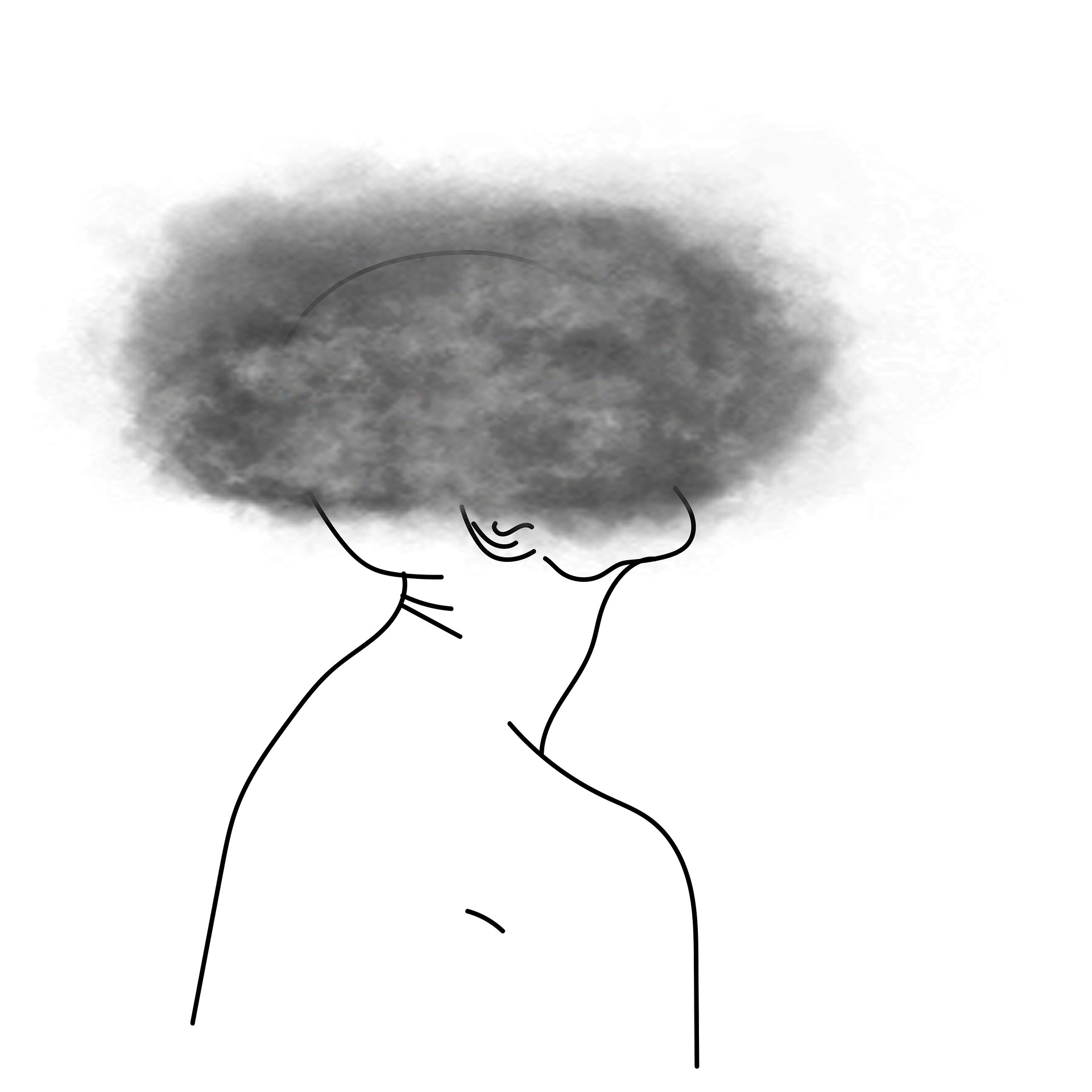Post-Traumatic Stress Disorder, commonly referred to as PTSD, is a mental health condition that can develop when someone experiences or witnesses a traumatic event. These can range from natural disasters and violent crimes to military combat, sexual or physical assault, or any other situation involving the potential risk of death or serious injury.
Symptoms of PTSD may include re-experiencing the traumatic event through flashbacks, nightmares or intrusive thoughts; avoidance of reminders of this event; negative changes in mood and cognition such as feelings of guilt, shame or detachment; hyperarousal such as difficulty sleeping or concentrating, irritability and being easily startled; all these can occur simultaneously.
Posttraumatic Stress Disorder (PTSD) can have a major impact on one’s daily functioning and negatively affect things such as work, relationships and more. Treatment for PTSD may involve therapy, medication or both in combination.
Psychological Trauma in Personal Injury Law
Do you require support with PTSD after an injury? Personal injury law provides numerous resources and support services for victims who require ongoing support to cope. Personal injury law recognizes Post-Traumatic Stress Disorder (PTSD) as a severe psychological injury that can arise from experiencing or witnessing a traumatic event such as a car accident, workplace accident, or medical malpractice. When someone experiences posttraumatic stress disorder (PTSD) due to another’s negligence, they may be eligible for compensation.
To win in a personal injury lawsuit for PTSD damages, the plaintiff must typically demonstrate:
The defendant had a legal duty of care towards the plaintiff, such as driving safely or providing proper medical care.
However, they breached that duty by acting negligently, recklessly, or intentionally; causing harm to the plaintiff.
The plaintiff suffered physical or psychological harm as a direct result of the defendant’s actions.
The plaintiff’s PTSD is directly caused by the defendant’s actions.
Proving the existence and severity of PTSD can be challenging, as symptoms may not manifest until weeks, months, or even years after a traumatic event. But with proper documentation, medical records, and testimony from mental health professionals it is possible to establish a case for compensation in personal injury law for PTSD victims.
It is important to consult personal injury lawyer. An experienced lawyer offers you the chance to discuss your situation and gain insight into your options for seeking compensation. It’s your chance to ask questions, assess the strength of your case, and decide if legal representation is right for you.
If you or a loved one has been injured in an accident due to the fault of someone else or negligence, Darfoor Law Firm is here to help you and guide you with the best course of action.
Accidents can be tough to deal with, and you need someone who understands, sympathizes,and fights for you.
Call us at +1-833-DARFOOR for a free consultation and case evaluation.


